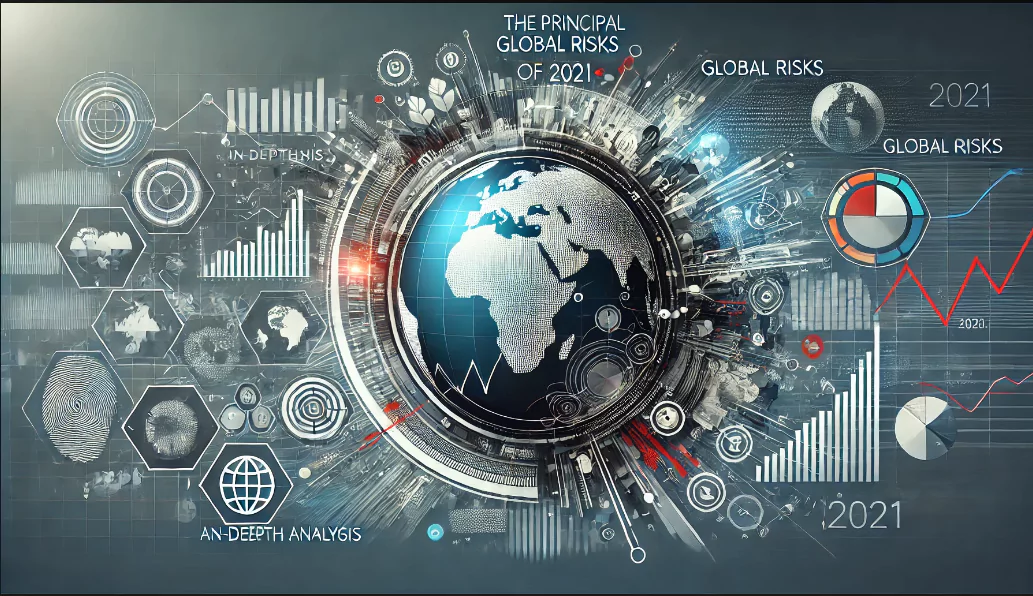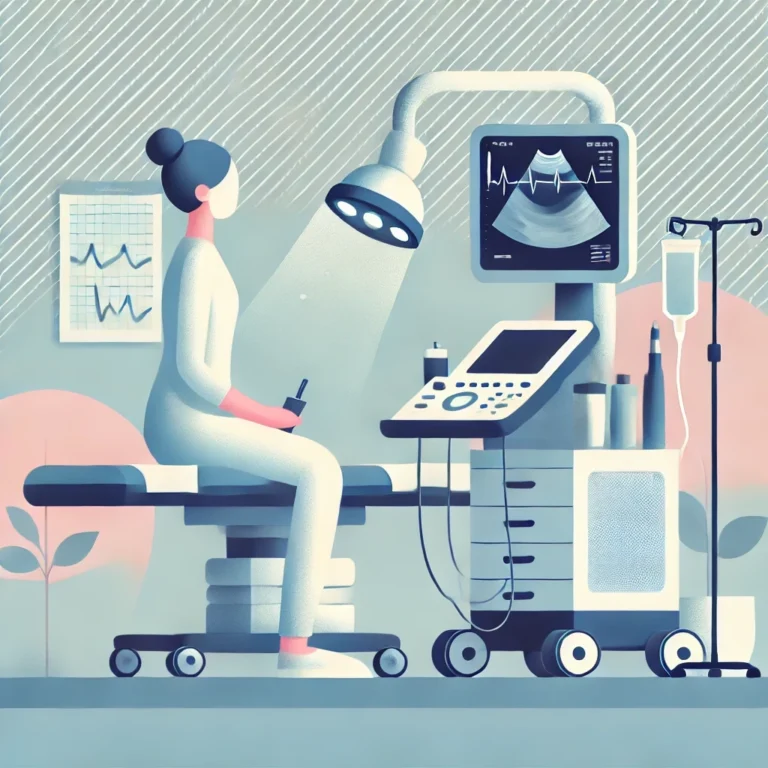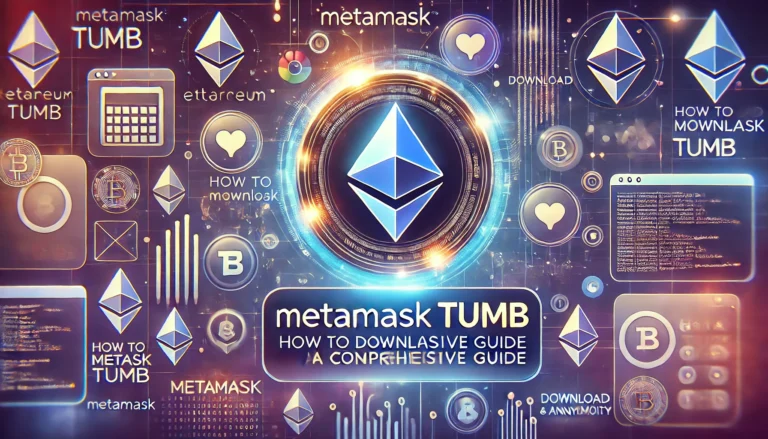The Principal Global Risks of 2021: An In-Depth Analysis
https://finanzasdomesticas.com/principales-riesgos-mundiales-2021/ explores the major global risks of 2021, including health crises, climate change, and geopolitical instability.
1. The Ongoing Global Pandemic
The https://finanzasdomesticas.com/principales-riesgos-mundiales-2021/ identifiedThe COVID-19 pandemic was undeniably one of the most significant risks of 2021, as highlighted by the article from Finanzas Domesticas. Despite the progress made with the rollout of vaccines, the pandemic’s impact remained profound and far-reaching. Vaccination campaigns provided hope for many countries, offering a potential path to return to normalcy. However, the emergence of new variants, such as Delta and Omicron, created ongoing uncertainty. These variants were more transmissible and led to spikes in cases, causing renewed concerns and even prompting governments to reintroduce restrictions in an effort to curb the spread. The global health crisis highlighted vulnerabilities in healthcare systems, economies, and supply chains, as nations struggled to manage the dual challenges of controlling the virus and mitigating its socio-economic impacts. Even with significant progress on vaccination, the risk of new outbreaks, hospitalizations, and fatalities remained ever-present. Furthermore, the pandemic continued to disrupt global systems, from trade and travel to education and workforce dynamics. This instability emphasized the need for enhanced international collaboration, rapid responses to emerging threats, and more robust health infrastructure to better prepare for future global risks.
Health and Economic Risks
The https://finanzasdomesticas.com/principales-riesgos-mundiales-2021/ discussed the immense strain that the COVID-19 pandemic placed on healthcare systems worldwide as the virus continued to spread in 2021. Hospitals across numerous countries were pushed to their limits, grappling with an overwhelming surge in patients that taxed their resources and personnel. The demand for medical supplies, such as ventilators, personal protective equipment (PPE), and critical medicines, soared, leading to widespread shortages. Healthcare workers, already stretched thin, faced extreme physical and emotional tolls, working long hours under challenging conditions, often without adequate support or rest. This situation was further exacerbated by the need to prioritize COVID-19 patients, diverting attention from other essential medical treatments and routine care. On the economic front, the pandemic disrupted global supply chains in unprecedented ways. Industries ranging from food production to electronics faced significant delays and shortages, as factories shut down, transportation networks were affected, and labor shortages created bottlenecks in production and delivery. This resulted in price hikes, delayed shipments, and in some cases, empty shelves in stores, leading to increased uncertainty and hardship for consumers worldwide. The crisis also highlighted the fragility of global interconnectedness, where disruptions in one region quickly rippled across the world, affecting markets, economies, and livelihoods. The combined healthcare and economic crises revealed the urgent need for greater resilience and preparedness in both sectors to withstand future global challenges.
2. Climate Change and Environmental Risks
The https://finanzasdomesticas.com/principales-riesgos-mundiales-2021/The report from Finanzas Domesticas emphasizes the growing and alarming threats posed by climate change, which became even more evident in 2021 through the increased frequency and intensity of extreme weather events. Natural disasters such as devastating floods, raging wildfires, and severe heatwaves impacted regions across the globe, leaving behind widespread destruction and significant loss of life. These events not only disrupted daily life but also placed immense pressure on infrastructure, economies, and communities, particularly in vulnerable areas. In many cases, the aftermath of these disasters led to long-term challenges, including displacement of populations, damage to homes and businesses, and a strain on resources needed for recovery. The escalating nature of these events served as a stark reminder of the pressing need for comprehensive climate action to reduce emissions, invest in sustainable infrastructure, and strengthen resilience against future climate-related disasters. Economies were hit hard by the economic costs associated with recovery, rebuilding, and the loss of productivity in key industries like agriculture and tourism. At the same time, the impacts of climate change disproportionately affected marginalized communities, further exacerbating inequality and social instability. The rising toll of these natural disasters underscored the urgent need for global cooperation and innovative policies to mitigate climate change, protect ecosystems, and safeguard the long-term well-being of societies worldwide.
Environmental Impacts and Biodiversity Loss
As noted in the https://finanzasdomesticas.com/principales-riesgos-mundiales-2021/, biodiversity loss was another critical risk that demanded attention. Deforestation, overfishing, and pollution continued to decimate ecosystems. This environmental degradation poses risks to food security, clean water supplies, and the overall health of the planet.
3. Geopolitical Instability
Geopolitical instability was another major concern highlighted in the https://finanzasdomesticas.com/principales-riesgos-mundiales-2021/. Tensions between major world powers, particularly the United States and China, have escalated, with trade wars, technological competition, and military posturing contributing to a growing sense of uncertainty. Furthermore, regional conflicts, such as those in the Middle East and Eastern Europe, have exacerbated global instability. The ongoing conflict in Ukraine, coupled with the tensions between NATO countries and Russia, has intensified the risks of broader confrontations. Similarly, the Middle East continues to experience volatility, with ongoing disputes in Syria, Yemen, and Iran’s nuclear ambitions further destabilizing the region. These geopolitical risks not only affect the countries directly involved but also have far-reaching implications for global trade, energy supplies, and security. In light of these challenges, the international community faces an urgent need for stronger diplomatic initiatives, conflict resolution mechanisms, and multilateral cooperation to mitigate the risks associated with geopolitical instability. The ability to navigate these complex dynamics is essential to maintaining global peace and fostering a stable environment for economic growth and development.
Cybersecurity and Technological Risks
The https://finanzasdomesticas.com/principales-riesgos-mundiales-2021/ also emphasized the increasing risk of cyber-attacks. As global reliance on digital infrastructure grew, so did the threats from hackers targeting critical information systems. Cyber-attacks on governments, businesses, and individuals became more frequent, highlighting the need for enhanced cybersecurity protocols.
4. Technological and Societal Risks
The https://finanzasdomesticas.com/principales-riesgos-mundiales-2021/ report discussed technological advancements and the societal risks they bring. While innovations in fields like automation and artificial intelligence (AI) have opened up new frontiers for progress, they have also introduced a range of challenges that must be carefully managed. One of the most significant concerns highlighted in the report is the displacement of jobs due to automation. As industries increasingly adopt AI-driven technologies, many traditional roles in sectors like manufacturing, customer service, and even professional services are at risk of being replaced by machines. This shift threatens to disrupt labor markets, creating economic inequalities and a growing skills gap, as workers may struggle to adapt to the rapidly evolving demands of the job market. Furthermore, the report emphasizes the growing risks associated with privacy and data protection. As more personal information is collected, stored, and analyzed through digital platforms, individuals face heightened vulnerability to data breaches, surveillance, and misuse of their private information. The proliferation of AI technologies also raises concerns about the potential for bias and discrimination, as algorithms may perpetuate existing societal inequalities if not carefully designed and monitored. These technological advancements present a double-edged sword: while they hold immense potential for improving efficiency and creating new opportunities, they also require careful regulation and oversight to ensure that their benefits are maximized while mitigating the risks they pose to society.
Job Displacement and Inequality
Job displacement due to automation, as noted in https://finanzasdomesticas.com/principales-riesgos-mundiales-2021/, threatened to leave many workers unemployed or underemployed. The shift toward a more automated economy highlighted the widening gap between those with access to advanced technology and those without.
5. Social Unrest and Inequality
Finally, the https://finanzasdomesticas.com/principales-riesgos-mundiales-2021/ report highlights the growing threat of social unrest, which has emerged as a significant global risk fueled by rising inequality, political polarization, and widespread dissatisfaction with governmental responses to pressing global challenges. As economic disparities between the rich and poor continue to widen, the frustration of marginalized communities has intensified, sparking protests and demonstrations across many regions. People are increasingly voicing their demand for more equitable wealth distribution, better healthcare systems, and greater transparency in governance. In many countries, political polarization has deepened, dividing societies and fostering an environment of tension and mistrust. This has been particularly evident in the wake of the COVID-19 pandemic, where disparities in access to healthcare, economic support, and social services have become more glaring. Governments, struggling to address these issues, have faced growing criticism for their inability to effectively manage crises, leading to heightened public discontent. The report points out that such dissatisfaction is often expressed through mass protests, strikes, and civil disobedience, as citizens call for reforms to tackle systemic problems. This surge in social unrest not only threatens to destabilize governments but also poses a challenge to social cohesion, as divisions deepen and trust in institutions erodes. The risks associated with these tensions require urgent attention, as failure to address the root causes of inequality and political division could lead to further unrest and, in some cases, contribute to violent conflicts and widespread instability.
The Need for Global Cooperation
Addressing the risks outlined in the https://finanzasdomesticas.com/principales-riesgos-mundiales-2021/ requires a global approach. No single country can address these challenges alone. The need for international cooperation and unified action on climate change, healthcare, and economic recovery has never been more urgent.
Conclusion
The https://finanzasdomesticas.com/principales-riesgos-mundiales-2021/ provided a sobering look at the key risks the world faced in 2021. From the ongoing pandemic to environmental degradation and geopolitical tensions, these risks revealed deep vulnerabilities in global systems. Moving forward, building resilience through effective risk management and international cooperation is essential for safeguarding the future.






